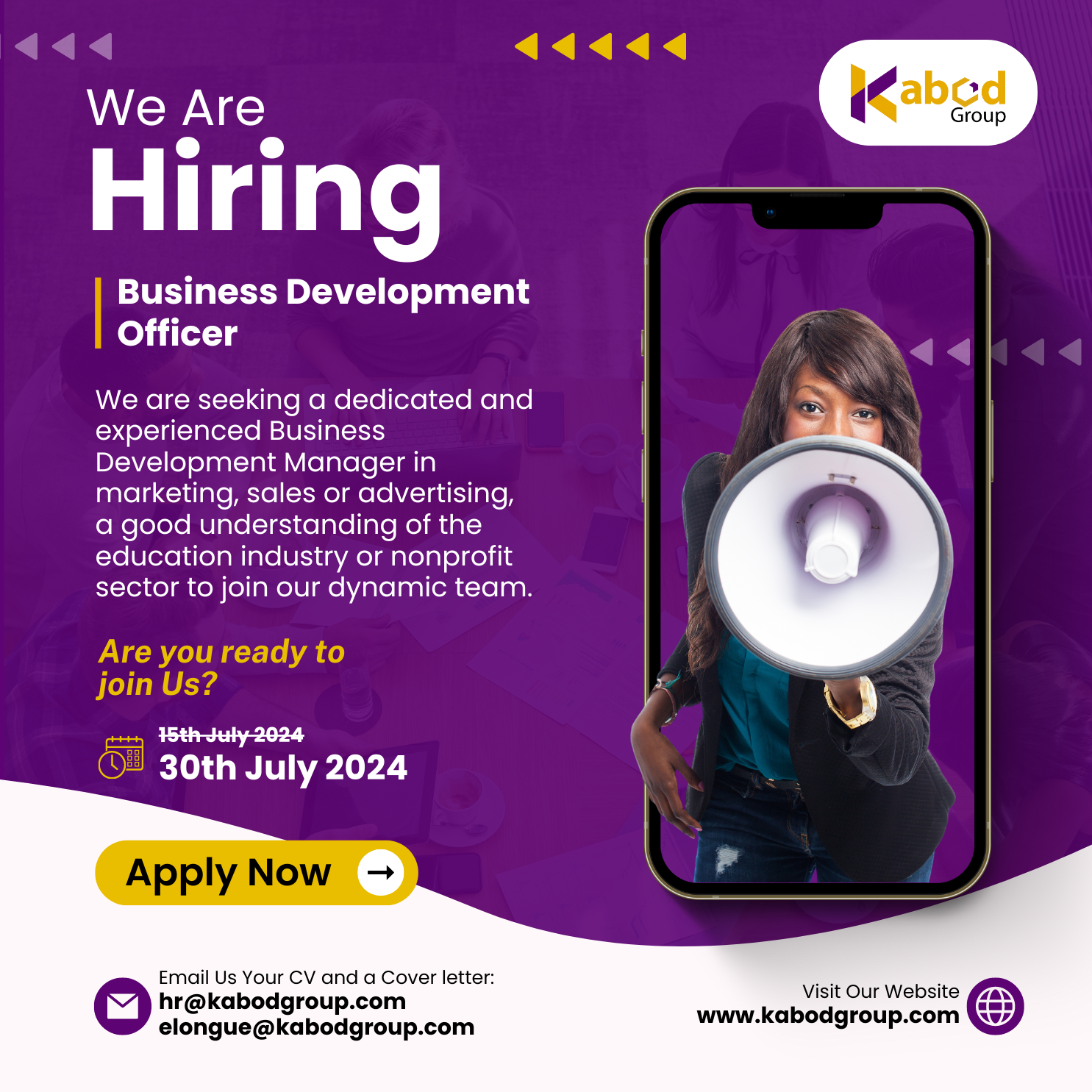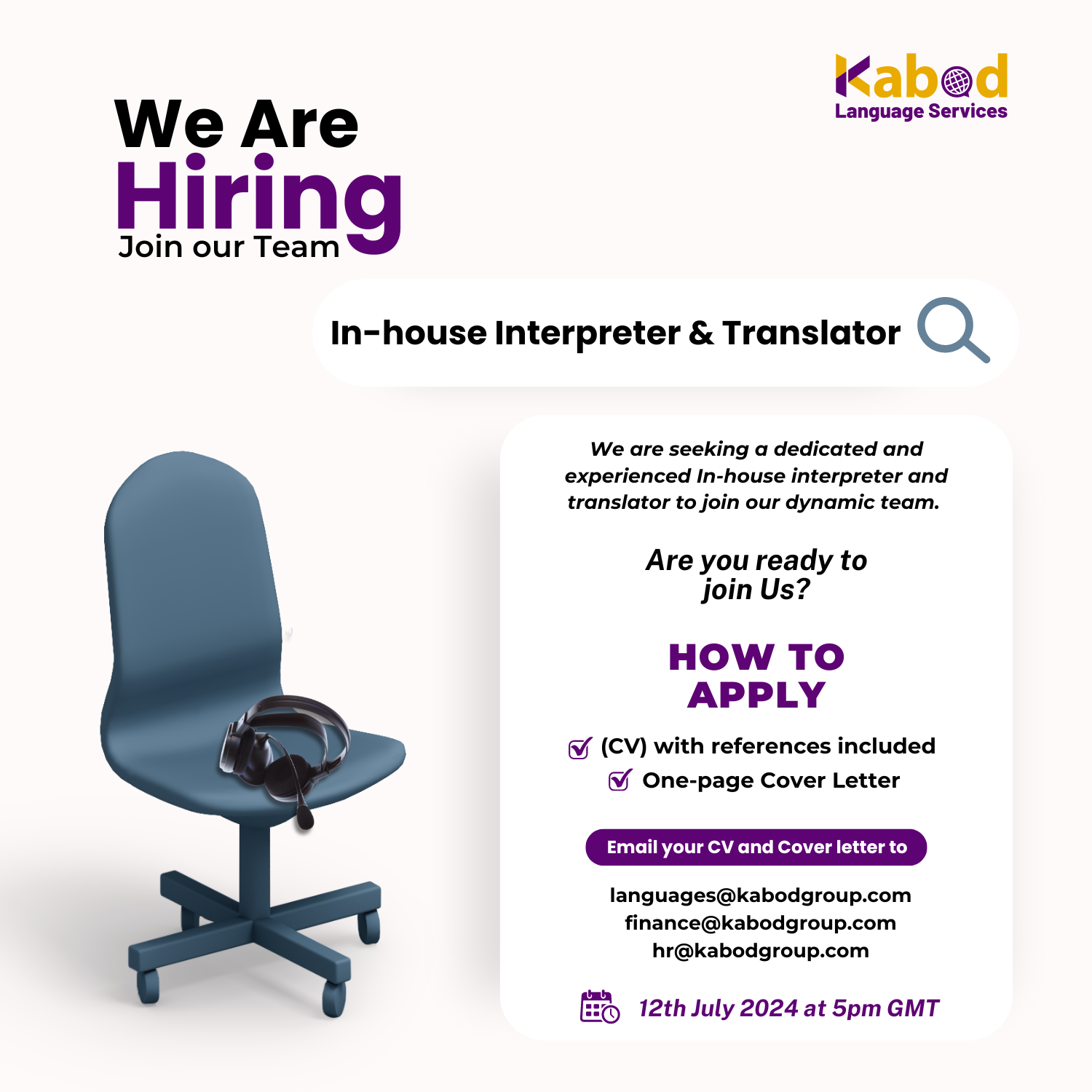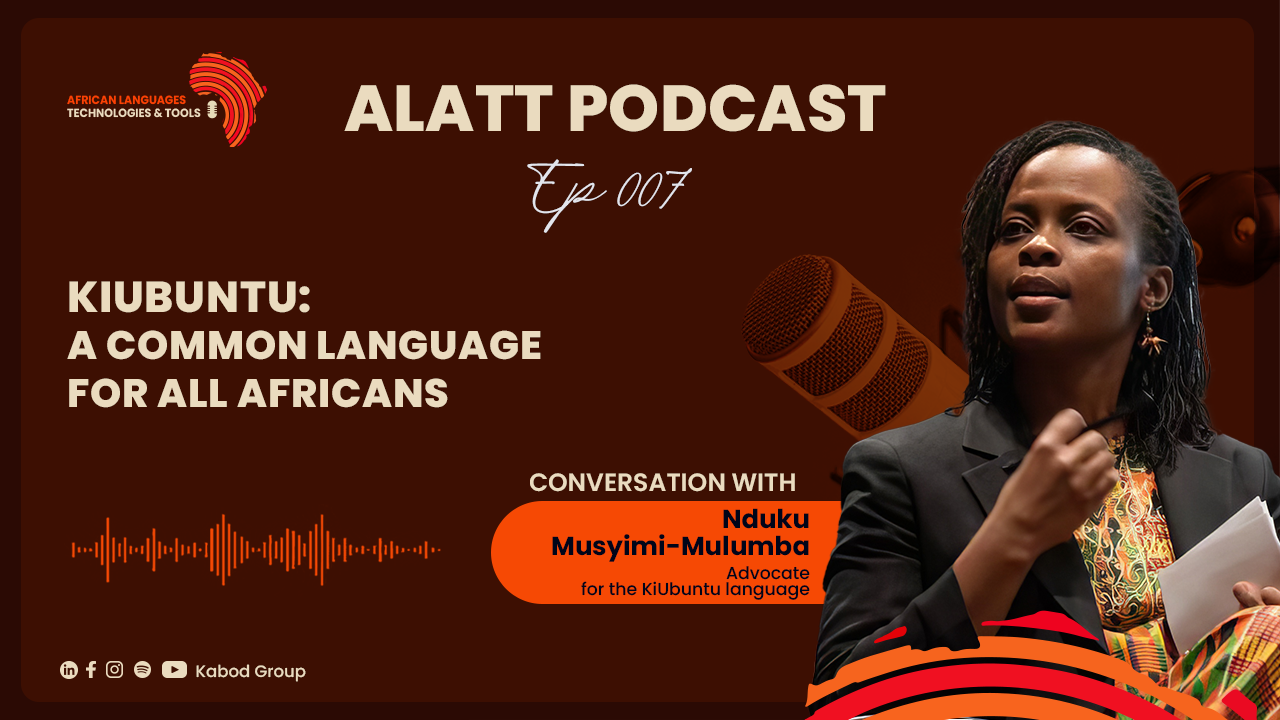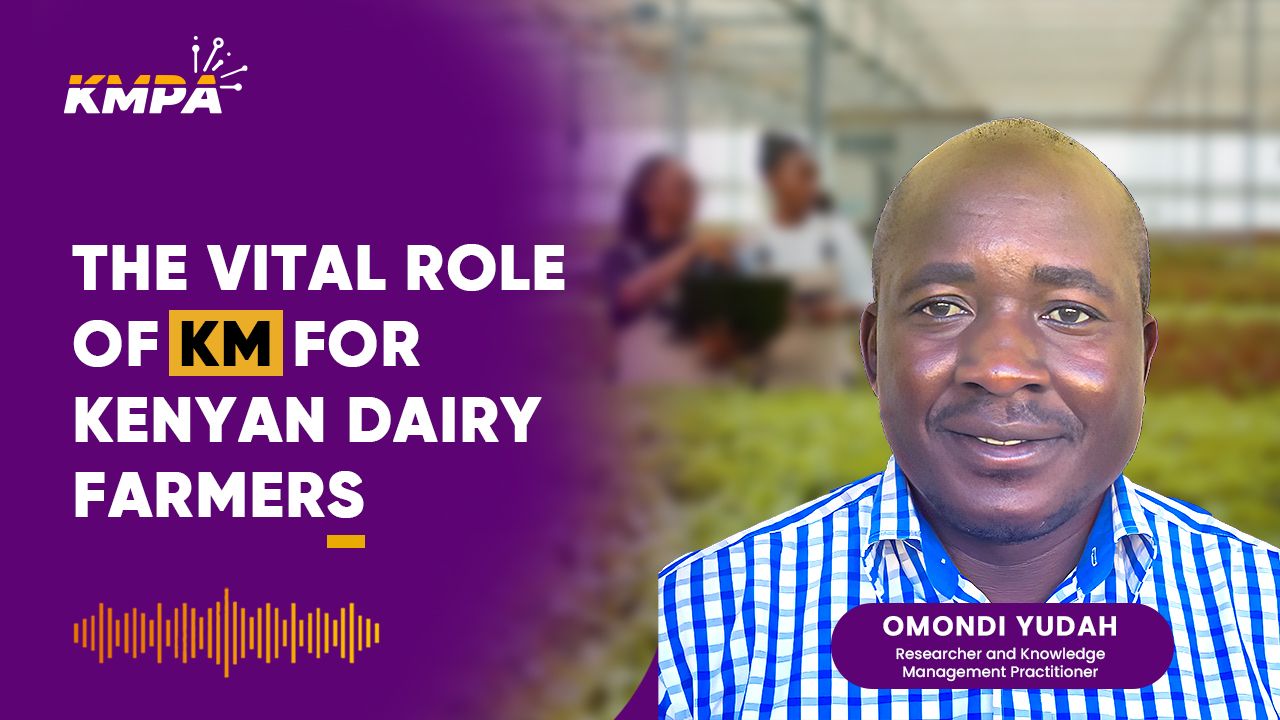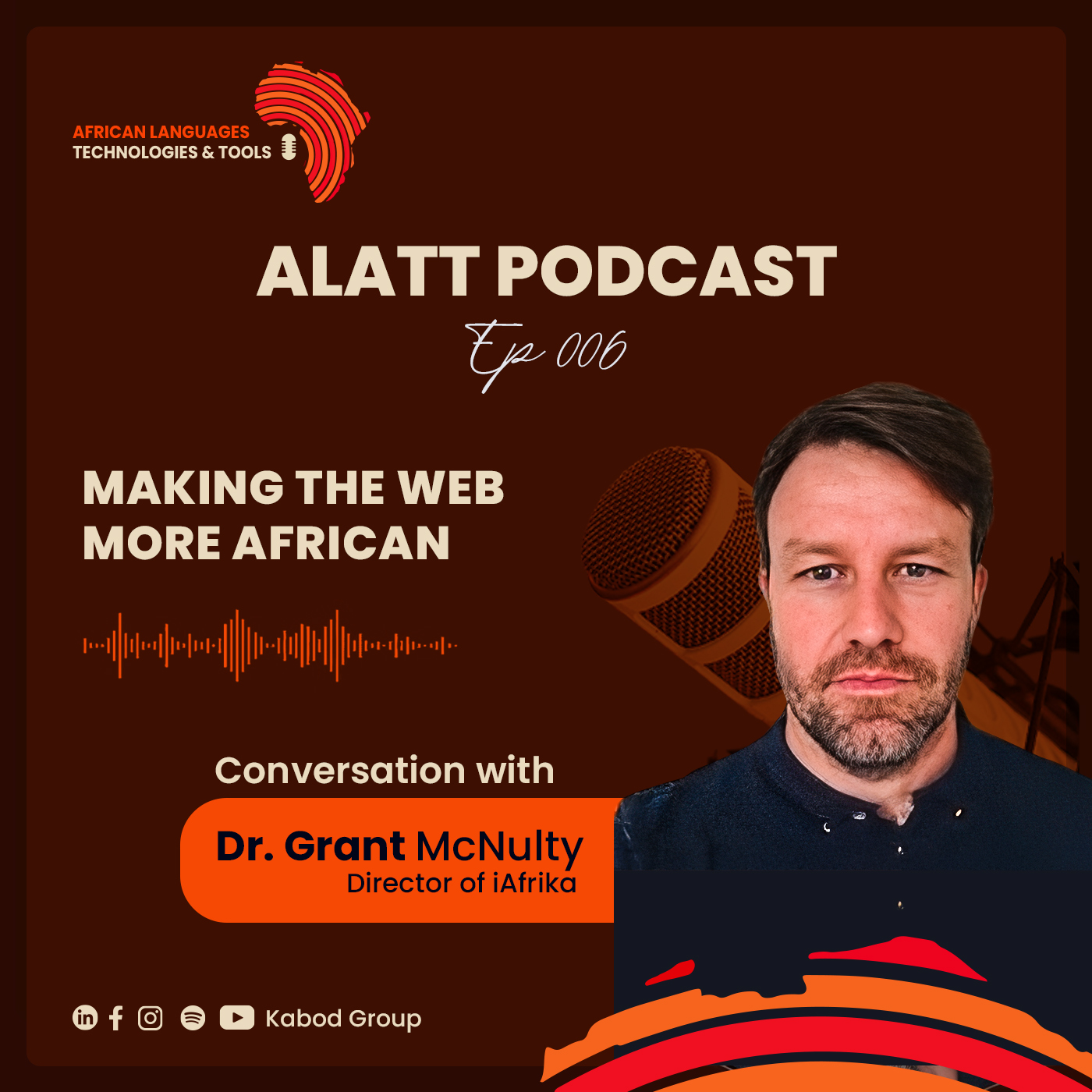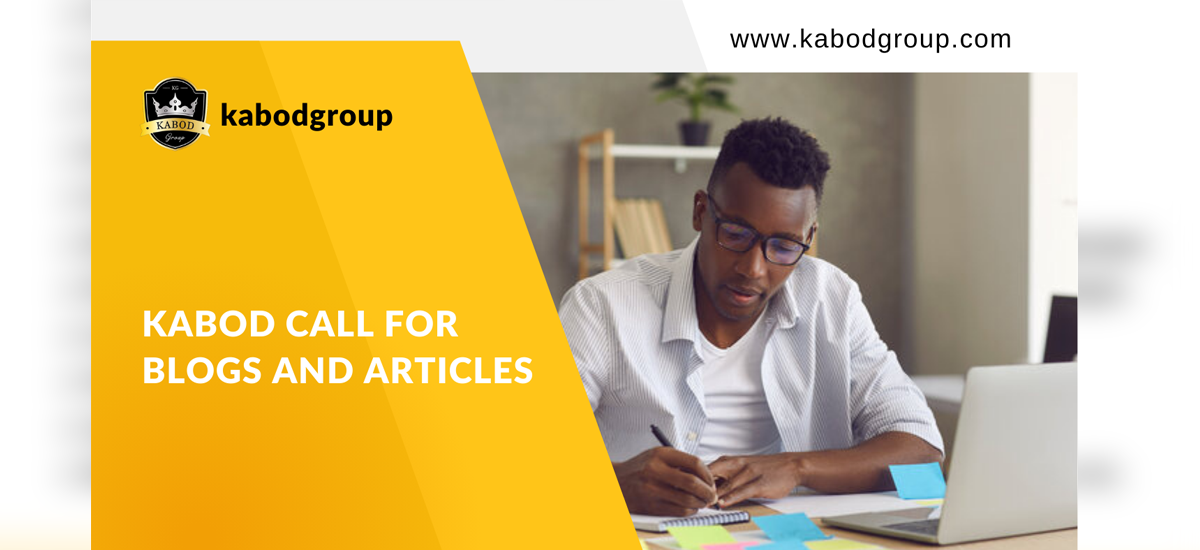
The field of Knowledge Management is not well known in Africa, particularly in the Sub-Saharan region. The low level of knowledge sharing among African professionals negatively influences innovation and global competitiveness.
For this reason, Kabod, envisions becoming the thought leader and one-stop platform where language professionals would exchange best practices and find timely, concise, comprehensive, and clear knowledge products with practical recommendations and actionable solutions to major challenges in the interpretation or translation industry.
Using a participatory and interdisciplinary approach, these knowledge products could be experiences, subject-based topics, policy analyses and evidence-based analysis from a diverse range of stakeholders in the language industry.
ON WHAT TOPICS CAN YOU WRITE?
The present call for articles is opened throughout the year and articles should be lest than 800 words, focusing on some of the issues below:
- Translation and Interpretation solutions
- African languages and technology
- African language Natural language processing
- Literacy and national languages
- Teaching and learning African languages
- Building resources for (under-resourced) African indigenous languages
- Developing and using African indigenous languages in the digital age
- Effectiveness of digital technologies for the development of African indigenous languages
- Revealing unknown or unpublished existing resources for African indigenous languages
- Improving the quality, availability and accessibility of African languages
- National language policies
- Applications or projects related to African languages
- Best practices in translation, interpretation, subtitling, NLP, Computation linguistics etc.
WHEN AND HOW TO SEND YOUR ARTICLE/BLOG?
The call for blogs and articles is open all through the year. We encourage contributors to share an overview or synopsis of the idea via email to the Head of KLS: Mr Sylvain AGBOLO, languages@kabodgroup.com and copy elongue@kabodgroup.com. The goal is to ensure that you do not waste time writing on a topic that is not relevant and not aligned with our editorial priorities and policies. Sharing the synthesis via email also enables us to share ideas/suggestions on ways to make your article stronger.
WHO CAN CONTRIBUTE?
- Students, experts, or researchers on interpretation/translation
- Teachers/Consultants in the language industry
- Education experts, practitioners and policymakers
- Civil society, businesses and development agencies working within the language industry.
WHAT IS THE PROCESS?
- Launch of the permanent call for contribution
- Reception and review of articles/blogs. We usually respond in less than 3 days.
- Graphic design and production of communication and promotional materials from the article and the author.
- Publication of the designed article on Kabod & partners platforms.
- Dissemination via communication channels and promotion via e-news, targeted newsletters, and during relevant official events (MK Talks, partner events, etc.)
- Monitoring and collection of readers’ feedback and post-engagement.
We receive contributions all through the year and payments of commissioned papers are made at the end of the month. Whenever possible, authors are invited to training sessions, networking events and consultancy programs related to their area of interest. Some also intervene in Kabod Language Talk as Guest speakers or Panelists.
Good to Know!
Kabod Language Services (KLS) is also managing the Network of African Languages Teachers and Translators (ALATT), and you can join the LinkedIn Group where you can exchange translation/interpretation opportunities or updates about your work as a language professional: https://www.linkedin.com/groups/9156833/
If you know other translators/interpreters specialising in African languages who might be interested in sharing their experiences through blogs and articles, kindly share this with them.

I’ve been in the language industry since 2018 mostly working as a freelancer and have also worked in some international organisations as an in house translator. I am a certified translator with (English, French and Arabic) as my language combination. I have gained experience working on various projects in different fields of study. With a high proficiency in my language combination coupled with my experience over the years, i have gained the skill of delivering excellent and timely translations.


